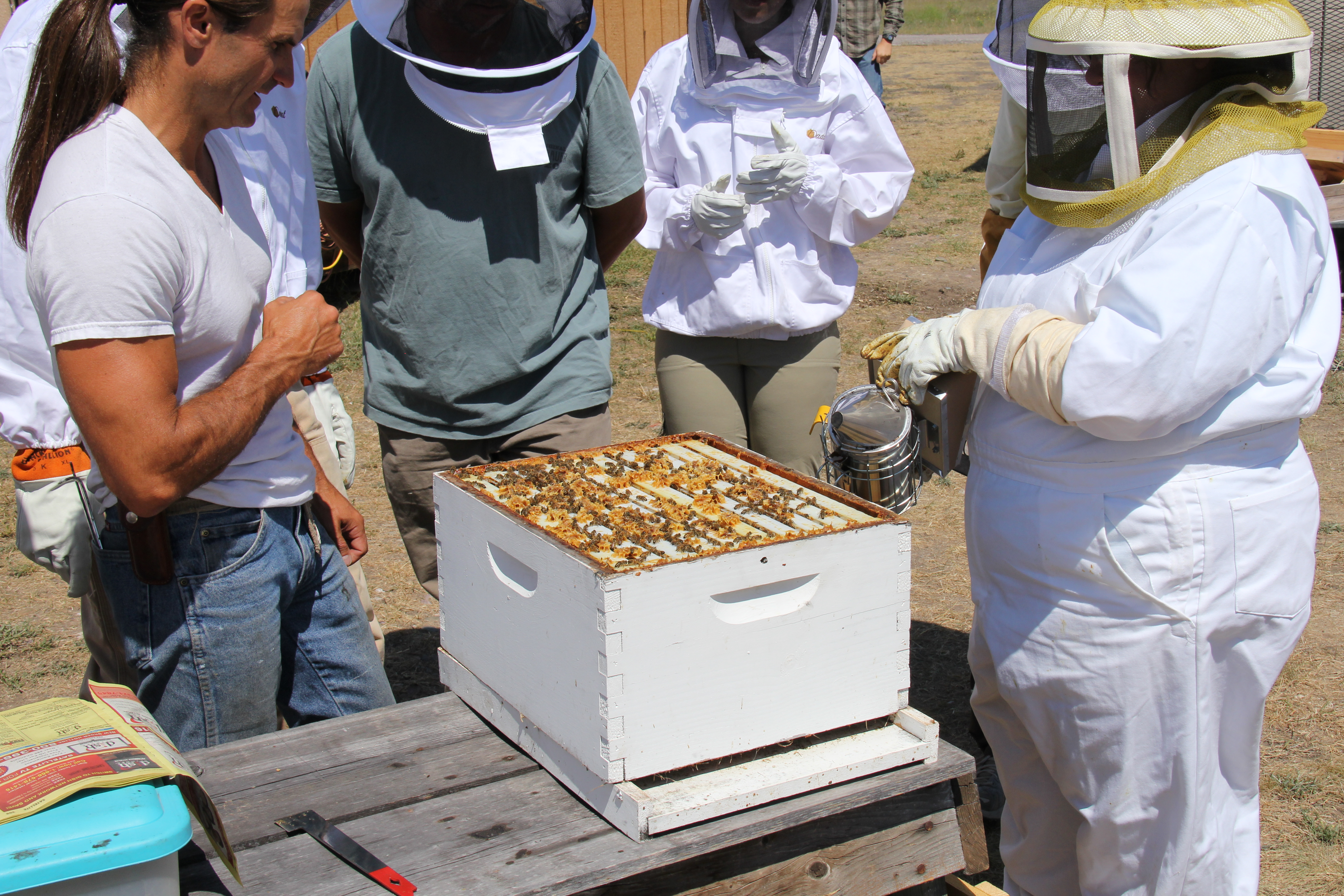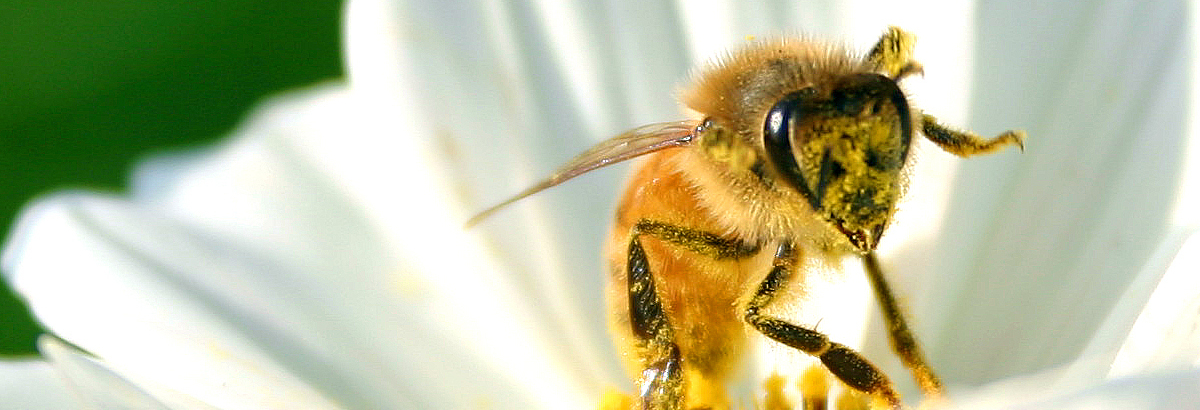Summer Field Days
| Dates | July 27-28, 2024 |
|---|---|
| Instructors | Scott Debnam, Jerry Bromenshenk, Tamila Morgan |
| Registration Fee | $250 |
| Registration | Register Now! |
| Location | Missoula, Montana |
Course Description
 Join Dr. Scott Debnam, Dr. Jerry Bromenshenk, and UM Master Beekeeper Tamila Morgan for an in-person short course in Missoula, Montana! Mornings are spent in the classroom with afternoons of hands-on practice in the apiary. Participants will learn about management of various pests and diseases, practice in a microscopy lab, and learn hive inspection techniques, as well as an introduction to queen rearing and grafting.
Join Dr. Scott Debnam, Dr. Jerry Bromenshenk, and UM Master Beekeeper Tamila Morgan for an in-person short course in Missoula, Montana! Mornings are spent in the classroom with afternoons of hands-on practice in the apiary. Participants will learn about management of various pests and diseases, practice in a microscopy lab, and learn hive inspection techniques, as well as an introduction to queen rearing and grafting.
There is no formal prerequisite to attend this short course. However, we will be teaching intermediate level topics. To gain the most benefit from the course, students should possess the skill level to overwinter their own bees. This short course is not required for the Master Beekeeping Certificate Program, nor can it be used toward the requirements for the Certificate completion.
Participants are responsible for all transportation, lodging, and personal safety equipment (bee suit, gloves, etc.). You will need a vehicle to travel between the classroom and field sites.
There will be shade and chairs available during the field portion, though note the temperature can be hot in late July. There is ample time to travel off-site for lunch.
Additional course details and locations will be emailed to registrants.
Tentative Schedule
Saturday, July 27
Morning: Classroom instruction
- Circulatory system and the impacts that varroa mites have on individual honey bees and the colony. A breakdown of sampling techniques.
- Respiratory system and the impacts that tracheal mites have on individual bees and the colony.
- Digestive system and the impacts nosema has on individual bees and the colony. Nosema sampling overview.
Lunch break and travel to field site
Afternoon: Apiary techniques
- Colony handling techniques and inspections
- Nosema sampling
- Varroa sampling (mite rolls)
- Drone cell counting
- Sampling colonies for nosema (If desired, bring your own bees to sample)
- Q&A session with Scott, Jerry & Tamila: Future of Beekeeping, Technologies, plus open Q&A
Sunday, July 28
Morning: Classroom instruction
- Microscope overview and operation
- Nosema diagnosis using microscopy (If desired, bring your own bees to sample)
- Queen Rearing: Breeder queen and cell builder colony set up and management
Lunch break and travel to field site
Afternoon: Apiary techniques
- Overview of mite treatments and application
- Demonstrations of foulbrood treatments preparation and application
- Nosema treatment preparation and application
- Grafting queens
- Q&A session with Scott, Jerry & Tamila: Insights on starting your own queen-rearing operation, plus open Q&A
Course Policies
Beekeeping courses are dependent upon a minimum number of registered students to run. If the minimum enrollment is not met, the course will be cancelled and registrants fully refunded. Courses are limited to a maximum enrollment with registration on a first-come, first-served basis. Once a course is full, students will be added to a waitlist and notified if an opening becomes available.
Registration fees vary by course and full payment is required at the time of registration. If your payment is not received by one week before the course start date, you will be dropped from the course.
Students will receive full refunds for cancellations received up to one week before the course start date. To cancel a course, students should call Student Support Services, (406) 243-6495.
Refunds are generally not provided for cancellations received after a course begins. Please note the University of Montana requires a "Substitute W-9 Form" in order to process refunds for payments made by check. The "Substitute W-9" form requires the student’s Social Security Number.
UM will provide reasonable accommodations for students with disabilities. To request an accommodation, students should contact Student Support Services, (406) 243-6495, at least two weeks before a course starts.
